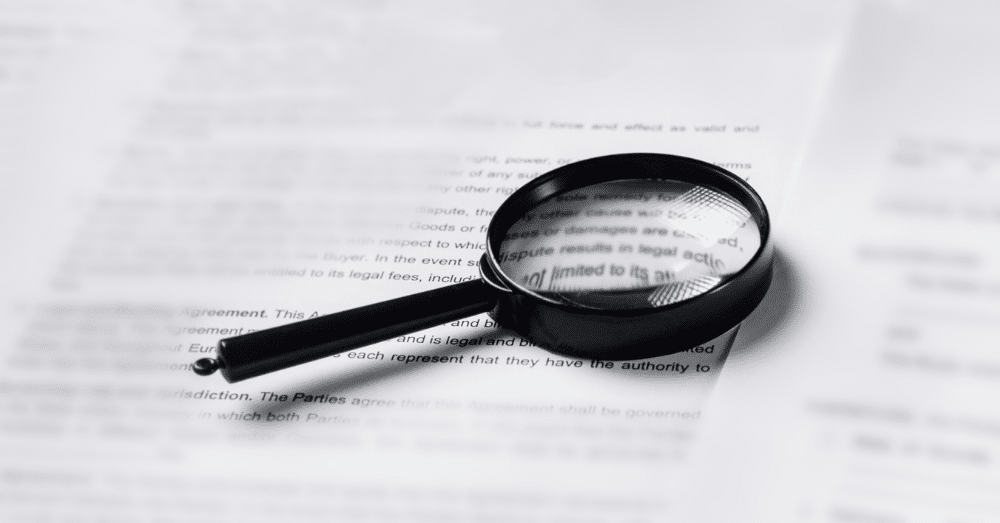Discovery… What You Should Expect
[04.19.2022]
In civil litigation, one of the first steps after a complaint is filed is to request discovery from the opposing party and, in turn, receive a discovery request that must be answered. Typically, discovery must be responded to within twenty-one days.
Discovery is a very unpleasant aspect of litigation for most participants. It can be costly in attorney fees, and it is time-consuming for clients and attorneys alike. However, it is one of the most critical steps in the process. Many times, it aids the parties in being able to come to a resolution, or if settlement is not possible, is a key tool in trial preparation. For example, in a divorce case, discovery gives the parties the financial information that is needed to be able to divide their property interests equitably.
Generally, there are three types of discovery tools that are utilized. The first discovery tool is interrogatories. Interrogatories are questions that must be answered. Interrogatories are limited in Virginia to thirty questions and the responding party must sign a notarized oath stating that the answers provided are true and accurate to the best of that person’s knowledge. The questions will vary depending on the type of case that is being litigated. For example, in a custody case, a client may be asked to explain their proposed custody schedule. In a divorce case, a client might be asked to answer questions about their employment and income history.
The second discovery tool is requests for production of documents. This is ordinarily presented in conjunction with interrogatories. Requests for productions of documents is exactly as it sounds. The responding party must provide requested documents to the opposing party. There is no limit on the number of requests that can be made. Often, this specific discovery tool is what causes frustration. Sometimes the requests will ask for voluminous documents that may date back years such as bank records or correspondence, such as emails or texts, between the parties over a significant length of time.
The third discovery tool is a deposition. Ordinarily, depositions take place after interrogatories and requests for production of documents have been exchanged. A deposition is similar to testifying at trial. The person being deposed must answer questions from the attorney representing the other party. There is a court reporter present recording every question and answer so there is a record or a transcript.
It is a vital part of the court process. Updating discovery responses is an ongoing obligation. A client may have to respond to discovery more than once. For example, a client may be required to answer discovery when the case first starts and then may have to update discovery responses prior to trial. Further, discovery responses not only advise the other party of a client’s position on numerous issues but dictate what evidence can be presented at trial. If an important witness is not listed in a discovery response, that person will be precluded from testifying during trial. The same applies to a document. If a document is not provided in discovery, it cannot later be used as evidence.
To learn how our team can help you, contact WhitbeckBeglis by calling 800-516-3964, emailing clientservices@wblaws.com , or visiting us here.

By: WhitbeckBeglis
WhitbeckBeglis is proud to be a successful, full-service law firm with a strong focus on Family Law, Mental Health Law, and Education Law. We provide legal services to families and individuals, helping them get the best result possible through experience and compassion.
Related Blogs:
CONTACT US




